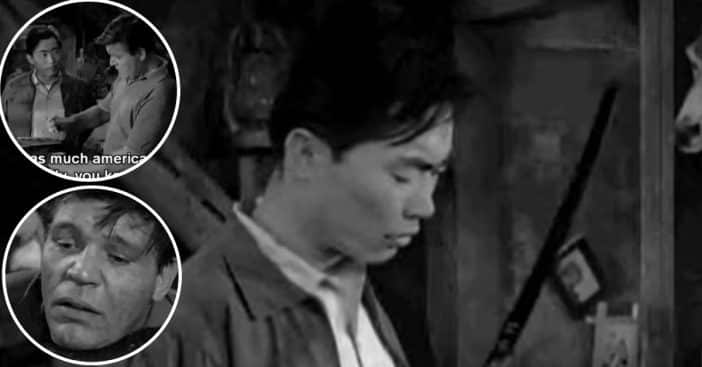
The Twilight Zone was a 1959 to 1964 series that often portrayed social issues in the plot. One of the episodes in the final season, “The Encounter,” was banned from syndication by CBS for up to 50 years because of the disturbing portrayal of racism and wartime trauma.
The episode was not intended to be offensive, but it failed to represent the Japanese-American character in a way that was better than the usual problematic stereotype. This caused civil liberties groups to deem the scene harmful and counterintuitive, and consequently, the episode was banned.
‘Twilight Zone’s controversial episode ‘The Encounter’
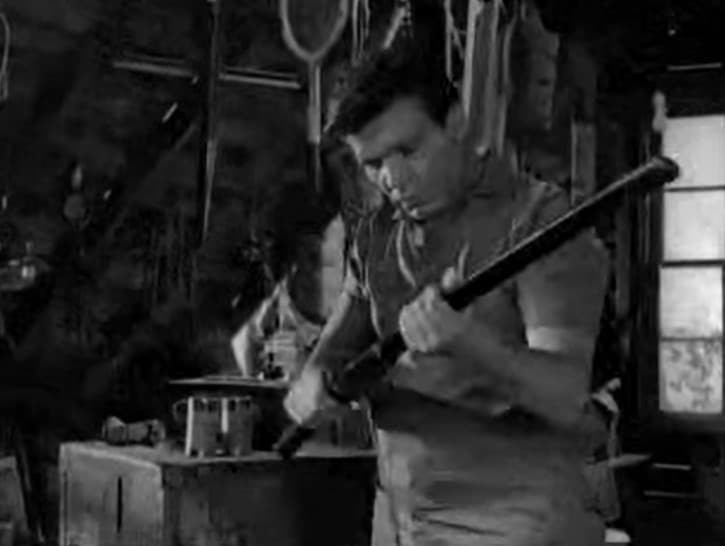
The episode featured an American veteran named Fenton, played by Neville Brand, who invites a Japanese-American gardener, Arthur, to have a beer with him in the attic. They began to share their trauma from the Second World War, and the conversation grows intense with a racially-prejudiced exchange.
RELATED: ‘The Twilight Zone’ New Year’s Marathon 2022 Schedule
The scene turns physically violent as both men fight, leaving Fenton impaled on the Japanese katana he once found in his attic. The weapon, which has an inscription that reads “the sword will avenge me,” was implied to be significant to the plot. Arthur ends up grabbing the sword and leaps out of the attic window to his death after yelling, “Banzai!”
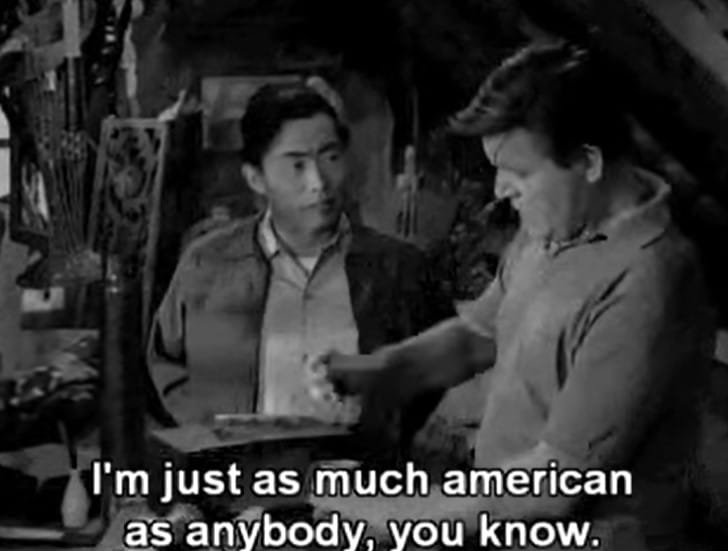
Why was the episode banned?
The episode aired about 20 years after the US forcefully moved many Japanese-Americans into internment camps during World War II, and the portrayal of the group with Arthur’s character raised many eyebrows. Arthur was just a job-seeking gardener, and Fenton condescendingly referred to him as “boy,” exerting his sense of superiority in their relationship.
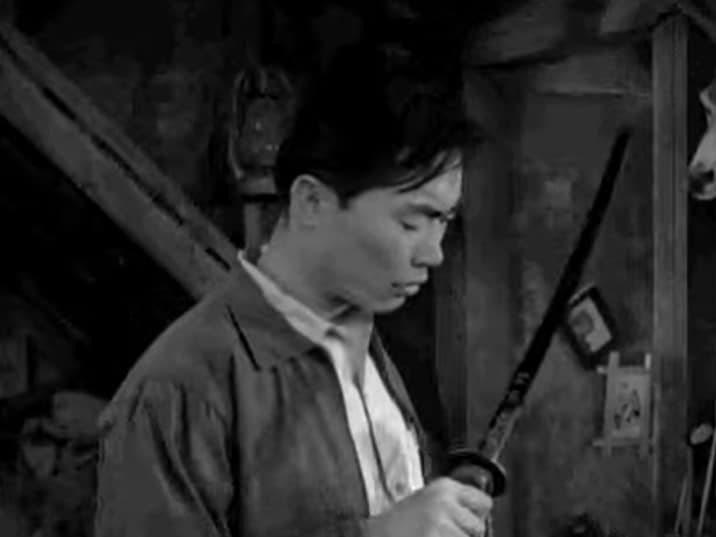
Fenton also passed stereotypical assumptions about the young man, belittled his strength, and was overall micro-aggressive towards Arthur, to which he responded, “I get bugged by ‘boy.’ I am a full-grown man. I work for a living. I answer to Arthur, Takamori, or — believe it or not, Mr. Takamori.”
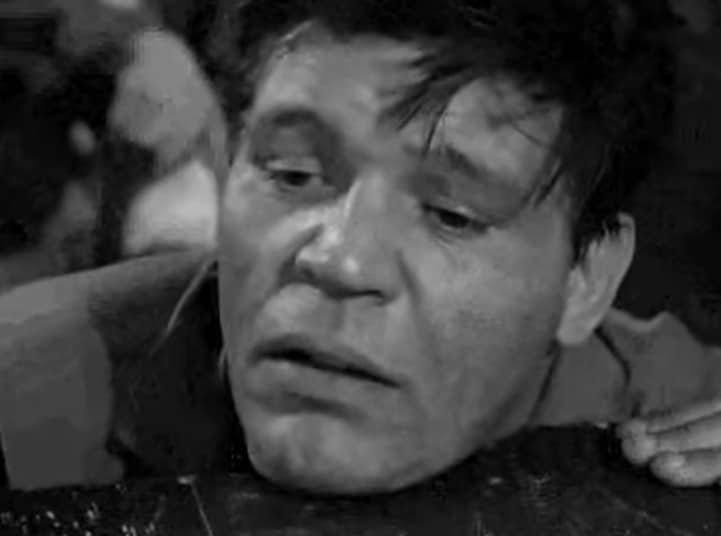
This scenario and depiction triggered the Japanese-American community to be upset upon the release of the episode in May 1964, just when the US started a war with another Asian nation. The outrage caused CBS to rightfully take the episode out of circulation for many years until 2016 when it aired on SyFy for its New Year’s Twilight Zone marathon.
